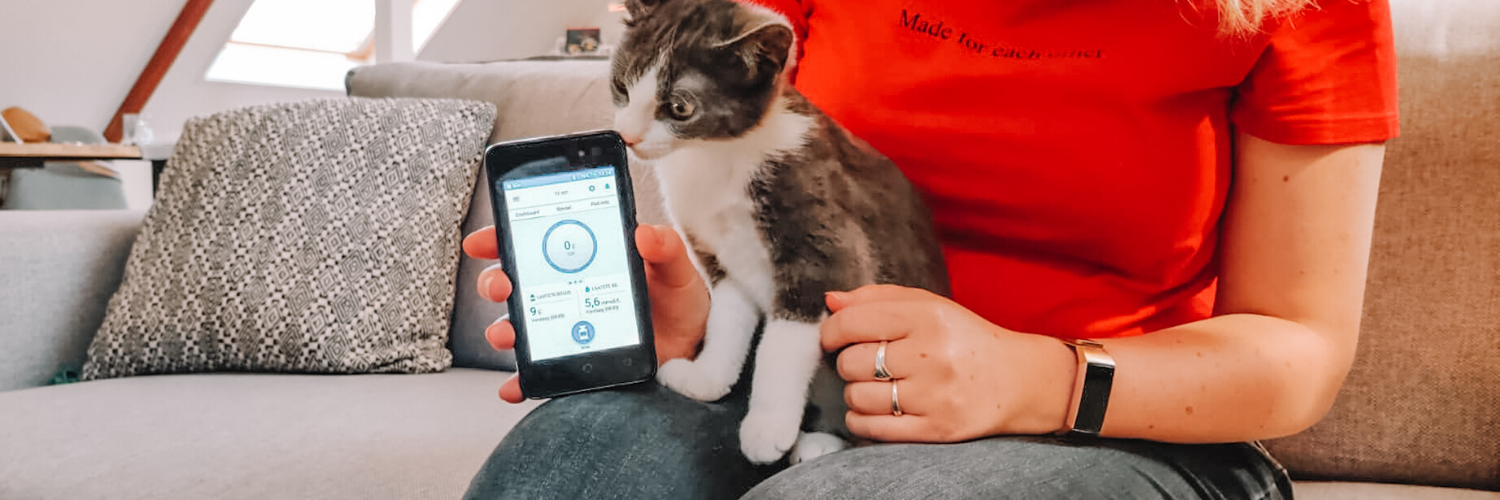1. No pressure
Don’t feel pressured to use this time to be productive, to work out more often or to focus on having perfect blood sugar control. It’s a challenging time and you don’t need pressure from others to live your life a certain way while practicing social distancing/self-isolation. It’s ok to let go of ‘normal’, to be upset about cancelled plans and to not feel creative.
My first week in self-isolation, I cleaned the house as if I was Marie Kondo myself, I tried many different kind of workouts and got upset with myself when I started stress-eating. The pressure made me so stressed out. Now, I only do what feels right for me. Yes, there are days when I don’t move my body much. Yes, I eat out of boredom. And that’s ok. Be kind to yourself! Also, less stress means better blood sugar control for me. Win-win!
And if you do feel pressure to cope with the situation in a certain way, try and figure out if disconnecting from content online helps you. I was offline for a week and it helped a lot with my anxiety which helped me prevent some high and low blood sugars.
Make a list of activities that give you energy and practice 3 of your energy givers every day. I’ve been doing this for a few weeks now and it definitely improved my mental health! My therapist gave me this tip when I told her my energy levels dropped massively.
I think of the energy givers as the medication my mental health needs. Examples of my energy givers are: take a hot bath, cuddle my cats, cook one of my favourite meals (and eat it) and to enjoy the sunshine in our garden. I made a list of 20 energy givers which I choose from every day. Sometimes I add energy givers to the list and sometimes I remove activities. Whatever feels right to me!
Although chilling like a couch potato is completely fine, moving your body around can make you feel better too. It can help to bring your blood glucose down when it spikes, it increases your insulin sensitivity and it can make you feel good about yourself. So, if you do want to move around but you don’t have a lot of inspiration, here’s my tip. Try dance workouts! There are so many of them to be found on YouTube. I did a 10-minute dance workout at 11pm last week simply because I felt like it. Do you want to give it a try? Go to YouTube, search for ‘dance workout’, choose a video and press play! It’s fun and it’s a challenging workout. Win-win!
